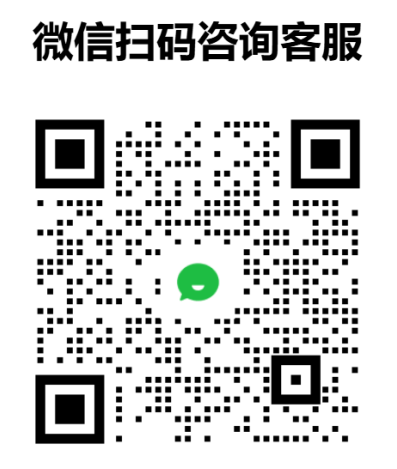Connection management service
摘要
說(shuō)明書
The machine learning model 130 may then be deployed to a production environment (e.g., server 106b) to be used by the scoring agent 110 to generate trust score classifications for connection requests received by the communication service 108. Any supervised or unsupervised machine learning classifier may be used to build the machine learning model 130, including linear classifiers (e.g., logistic regression, naive Bayes classifier, etc.), support vector machines, decision trees (e.g., random forests), neural networks, and the like.
After training a machine learning model 130 to generate trust score classifications, the machine learning model may be deployed to the server 106b for use by the scoring agent 110. The scoring agent 110 may handle a request for a trust score received from the communication service 108 by obtaining destination endpoint features and/or customer features associated with a destination endpoint and customer account specified in the request and inputting the features to the machine learning model 130. Illustratively, destination endpoint features may include a destination phone number, country code, area code, call rate, and other destination endpoint information. Customer features may include a customer account status, billing account balance, customer-service provider relationship status, business type, fraudulent activity history, destination endpoint call history, and other customer information.

